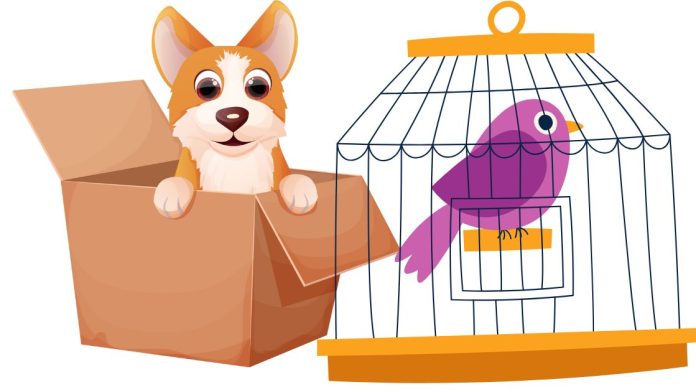The concept of “poor memory” in animals can vary depending on how memory is defined and measured (e.g., short-term, long-term, or spatial memory). However, based on general scientific observations and studies, here are 10 animals often thought to have relatively poor memory compared to others:
- Goldfish
- Myth: Goldfish have a memory span of only 3 seconds.
- Reality: Studies suggest their memory lasts weeks, but they still have limited cognitive capabilities compared to many other species.
- Fruit Flies
- Fruit flies rely heavily on instinctual behavior and have limited memory capacity, which is often short-lived and task-specific.
- Mayflies
- These insects have an extremely short lifespan (hours to a day) and are focused on reproduction, leaving little scope for memory development.
- Jellyfish
- Lacking a centralized brain, jellyfish rely on nerve nets and show minimal memory or learning ability.
- Sea Cucumbers
- These marine animals have basic nervous systems and show little evidence of memory or learned behavior.
- Slugs
- While they can exhibit some associative learning, their memory capabilities are very limited and short-term.
- Turkeys
- Turkeys, especially domesticated ones, have been humorously characterized as “forgetful,” though this might be an exaggeration.
- Ants
- Although ants have remarkable instinctual and navigational abilities, their memory is limited to task-specific behaviors and chemical trail following.
- Chickens
- Chickens have better memory than often believed, but their cognitive abilities are generally less advanced than those of other birds, like parrots or crows.
- Box Turtles
- Box turtles have been noted for having limited memory, particularly when it comes to navigating environments after relocation.
Notes:
While these animals might not excel in memory, it’s important to remember that their cognitive abilities are well-adapted to their ecological niches. Many of these species rely more on instinctual or hardwired behaviors than on memory.



